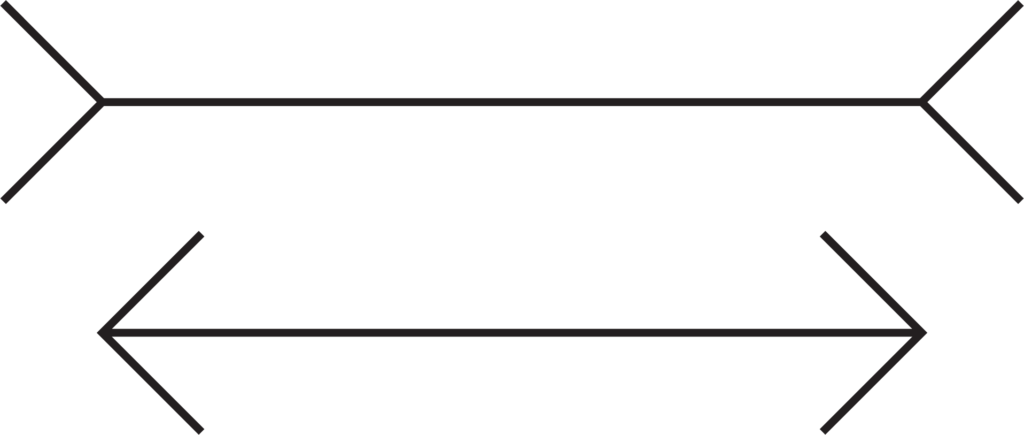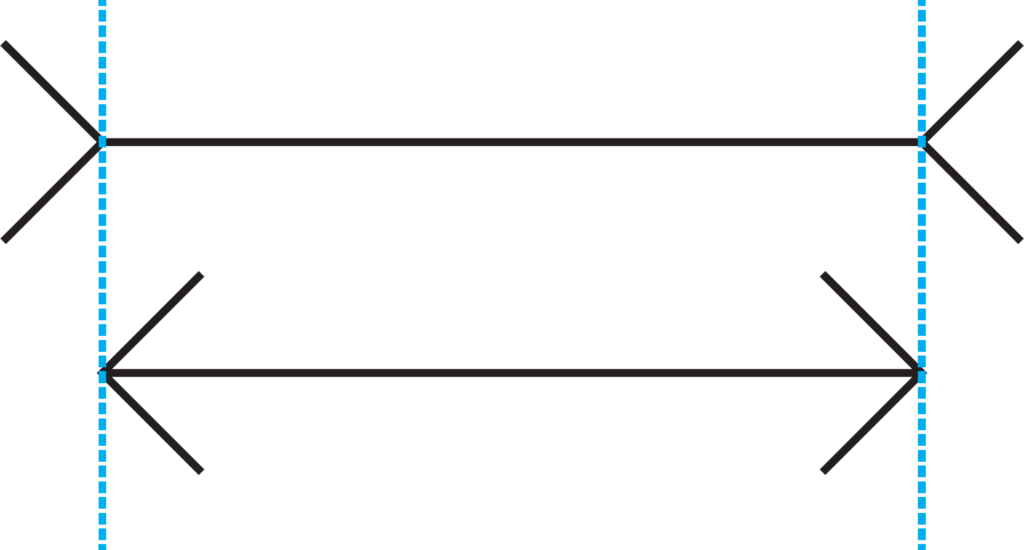Bias – Good people aren’t good enough

This is a bit off topic, but it’s my blog, so I’ll allow it.
A brief note on bias:
It’s not good enough to be a good person. Bias can be like an optical illusion.

It’s something your brain does despite your best intentions. You have to actively address your biases. Don’t trust yourself to be fair-minded, lest you be biased by negligence.
Think of a powerful optical illusion: even though you know that the lines are the same length, you can’t help but see them as different. You have to get out a ruler to prove it to yourself.

Or you have to cover up the context in order to avoid being fooled.

Deal with bias the same way: hide the context from yourself, and use quantitative measures. It can also be helpful to consult with people who have expertise in dealing with bias. Diversity on a panel or search committee is a good start, but going the extra mile to have an expert on bias in the room can be even better.
Jeremy Berg’s editorial earlier this month at Science discussed the issue of bias.
Like Jeremy, I’ve taken an online implicit bias test.
Unlike Jeremy, I was not surprised that the test detected a bias.
Jeremy’s surprise is what made me think to write this note. Those online implicit bias tests are useful, but they’re just toys. They can’t call you out when you do or say something based on your bias in the course of your normal life and work.
Like Jeremy Berg, I have many brilliant and successful relatives, friends, and colleagues who are women. They have been tremendously positive influences, but they rarely explicitly teach me about my biases. I have a secret weapon for that: my wife, Ikuko Smith. She is precise and patient when she points it out in my thinking. It’s humbling and it’s helped me improve. I’m not bias-free, but I’m much better than I would have been if I didn’t have her, and just had to rely on online bias tests.
So let’s take the issue of bias seriously, and take action to deal with it. It’s not good enough to be a good person. It’s like Feynman said,
The first principle is that you must not fool yourself — and you are the easiest person to fool.
Thank you for this.